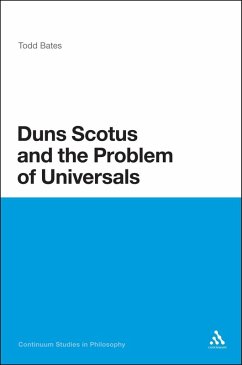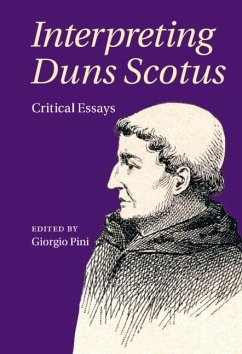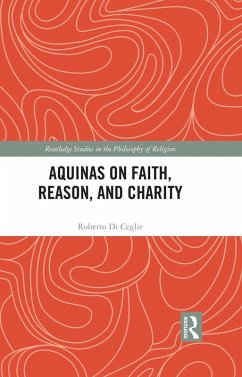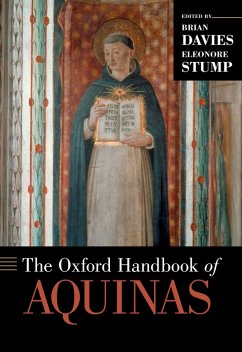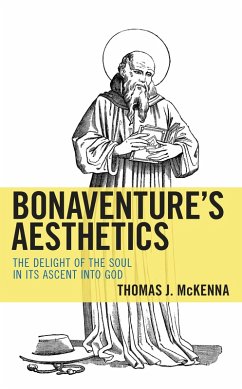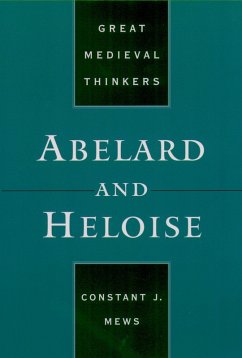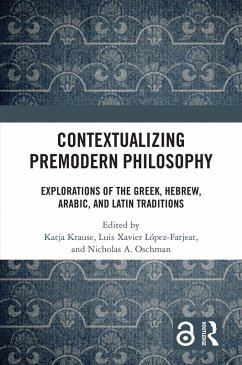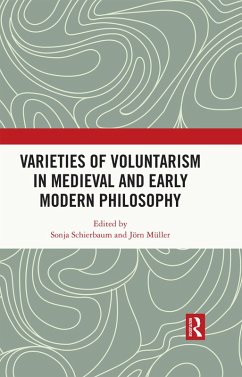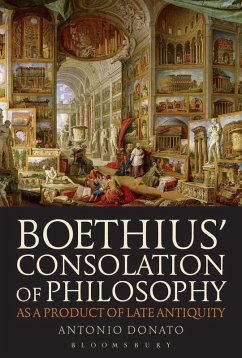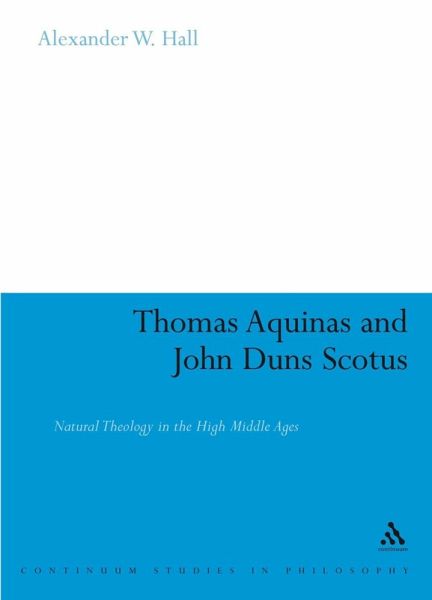
Thomas Aquinas & John Duns Scotus (eBook, PDF)
Natural Theology in the High Middle Ages
Versandkostenfrei!
Sofort per Download lieferbar
31,95 €
inkl. MwSt.
Weitere Ausgaben:

PAYBACK Punkte
16 °P sammeln!
Thomas Aquinas and John Duns Scotus are arguably the most celebrated representatives of the 'Golden Age' of scholasticism. Primarily, they are known for their work in natural theology, which seeks to demonstrate tenets of faith without recourse to premises rooted in dogma or revelation. Scholars of this Golden Age drew on a wealth of tradition, dating back to Plato and Aristotle, and taking in the Arabic and Jewish interpretations of these thinkers, to produce a wide variety of answers to the question 'How much can we learn of God?' Some responded by denying us any positive knowledge of God. O...
Thomas Aquinas and John Duns Scotus are arguably the most celebrated representatives of the 'Golden Age' of scholasticism. Primarily, they are known for their work in natural theology, which seeks to demonstrate tenets of faith without recourse to premises rooted in dogma or revelation. Scholars of this Golden Age drew on a wealth of tradition, dating back to Plato and Aristotle, and taking in the Arabic and Jewish interpretations of these thinkers, to produce a wide variety of answers to the question 'How much can we learn of God?' Some responded by denying us any positive knowledge of God. Others believed that we have such knowledge, yet debated whether its acquisition requires some action on the part of God in the form of an illumination bestowed on the knower. Scotus and Aquinas belong to the more empirically minded thinkers in this latter group, arguing against a necessary role for illumination. Many scholars believe that Aquinas and Scotus exhaust the spectrum of answers available to this circle, with Aquinas maintaining that our knowledge is quite confused and Scotus that it is completely accurate. In this study, Alexander Hall argues that the truth about Aquinas and Scotus lies somewhere in the middle. Hall's book recommends itself to the general reader who is looking for an overview of this period in Western philosophy as well as to the specialist, for no other study on the market addresses this long-standing matter of interpretation in any detail.




